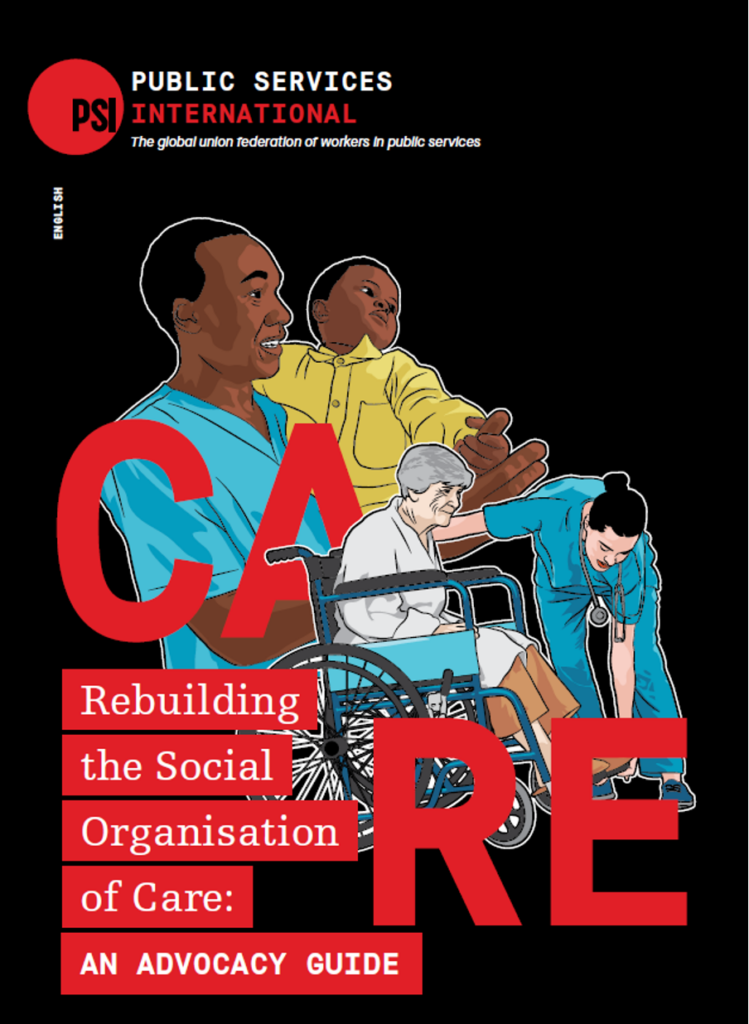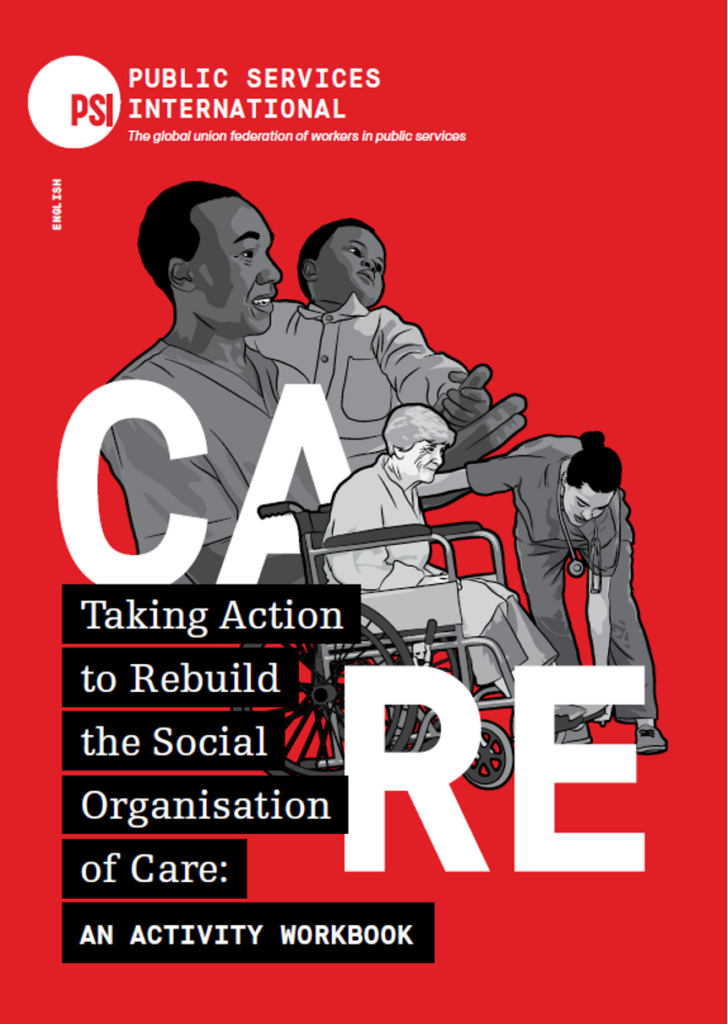This article draws on the plenary Union-Party Relationships: Stay together for the sake of the children or get a divorce?
There’s a few ways to think about unions and their relationship with parties. Warring lovers? Separated? Have parties already left their former union bedfellows? Here in the UK, the relationship is certainly on the rocks. It’s not the only country where that’s the case, though.
India
1974 saw one of the country’s biggest strikes, when 1.7m rail workers walked out. It was brutally crushed, with 1000s fired and jailed. ‘A reign of terror was unleashed’, says Sujata Gothoskar from the Forum Against Oppression of Women, India.
Three years later, the union leader was Minister for Industries – forcing the still-fighting workers to go quit their struggle.
It’s a telling example of the effects parliamentary activity under capitalism. And it’s not an isolated case – the large Communist Party of India (Marxist) has many such examples. Meanwhile, the Congress Party is now committed to neoliberal policies, while the recently elected BJP poses an even more frightening future for workers. Existing parties are a ‘no-no’, then.
But the union movement in India is deeply divided, growing out of the national independence movement in a country with a definite lack of class politics – differences of caste, gender and a whole host of other divisions spring up.
In the messy political situation post-independence, unions were firmly linked with ‘their’ party, while independent unions were often viewed with suspicion.
It might partly explain why density is just 8% today. At the same time, unions’ political clout has been shrinking – in 1971, 21% of parliamentarians were linked with unions. By 2004 it was 4%. Now, it’s around 2%. So the chance of union-friendly policies is arguably remote; unions aren’t even consulted anymore by government.
But in this midst of this political decline and division, independent organisations are forming, despite (or perhaps because of) the neoliberal onslaught India has been subjected to since the ‘90s. At the company level, unions are emerging free of partisan strangleholds. The Self-Employed Women’s Association has soared to over one million members in just a few years. Cross-party platforms are developing within central trade unions, and there are attempts to form an independent federation of unions.
Such initiatives complement the emergent broad fronts – including battles for the right to food or work, some of which have been successful. Alliances with women’s groups, human rights organisations and sexual minorities are forming, bringing the most disenfranchised into contact with the union movement.
These movements lack a partisan voice however, one with the power to actually implement their desired policies. For Sujata Gothoskar, it’s time for a new workers’ party. The chances, in a country and a left-wing still deeply split, are admittedly remote.
South Korea
Options in South Korea look similarly problematic.
The union movement there after World War Two was fiercely repressed. But, perhaps ironically, neoliberalism in recent years has coincided with democratisation – allowing, as in Brazil and South Africa, some institutionalised power. This ‘taste of political power’ only came when unions were legalised in 1998, says Lee Changgeun, Policy Director at the Korean Confederation of Trade Unions (KCTU)
But are party links the way forward? There are several possible routes to political influence, including union-party links; collective action – such as general strikes in Italy, France and Spain; social pacts like in Sweden, Germany and others; lobbying in the US or electoralism in the UK, Brazil and South Africa.
Yet Korea lacked a progressive party until 2001, following the failure of both a general strike and a social pact with government and employers. The Democratic Labour Party (KDLP) was formed, winning ten seats in 2004 and five in 2008. Yet it soon split over a corruption scandal, before reuniting…and then in 2012 splitting again.
The path to power looks like one ridden with pot-holes. Such flaws provoked the KCTU to adapt a more pragmatic policy, dropping exclusive support for the KDLP in 2012.
Within the KCTU, around half of union members blamed union members themselves for the partisan chaos. Most, however, primarily blamed the party.
But for the KCTU, the problem was that it treated members as political subjects – merely mobilising votes and finance for party through ‘political substitutism’, leading the body to lose capacity and a leading role to deal with conflicts.
Two years on, 62% of members feel strongly they need a progressive party – a class-based party, in fact. And 40% of members think the KCTU should be the one to found it. It’s a daunting prospect.
For now, the union has set itself on a ‘workers political empowerment’ campaign, putting party issues within the context of that broader project. At some point however, the question of party politics may have to be revisited. As in India, it’s an unenviable prospect.
Germany
The decades following the Second World War in Germany was filled with student radicalism and a revival of discussion following democratisation. Many left wing groups emerged in student circles – but often ignoring workers themselves! In this context, Karin Pape (GLI Geneva) found unions a safe haven, becoming involved in a Luxembourgist organisation called Gruppe Arbeiterpolitik and reaching out.
After university, such radical students entered the workplace – often as union staff – and often became key radicals – in spite of not being in the Social Democrats, which by 1959 had abandoned Marxism. Yet the paid staff of the unions were entirely Social Democratic. And if you weren’t, well, you weren’t hired. Within companies though, communists were often elected for being excellent activists – but in spite of not being SPD. But the relationship between the SPD and the unions was fairly fluid – there was no element of control. ‘Unions didn’t really tell members to vote SPD…they just expected it!’
But perhaps at the heart of this relationship was a constant fear of the alternative, i.e. workers supporting the USSR. So concessions such as the welfare state were granted.
The Fall
This all changed after the fall of the Berlin Wall. Once the USSR was finished, such concessions weren’t necessary anymore. The Social Democrats, like many European parties, became neoliberal, even when the Christian Democrats would not dare.
Since then, union/SPD links have been fraught. Many trade unionists are now Green or support the Left Party. And the food workers union recently elected a woman who was not a member – both being firsts!
There are positives and negatives however. Now, there is no ideology or political direction within unions. Unions simply draw up demands, check them against party platforms and ask members who to vote for. The politics is lost.
So, stay together or divorce? Unions and the SPD are an old couple – they’ve missed the divorce (and as Dave Spooner said, there’s definitely no ‘sex’ anymore). As for the children, they’ve forgotten about them. That, perhaps, is the most worrying thing.
Maybe the same applies to the relationship between social democratic parties and unions across the world…
Josiah Mortimer is a guest blogger for the Global Labour Institute’s third International Summer School for trade unionists at Northern College this week. The views expressed in this article are therefore solely those of the author in his personal capacity and do not necessarily represent the views of GLI.
You can follow all of the conference online on the GLI site, through Union Solidarity International, and on Twitter: #ISS14.



